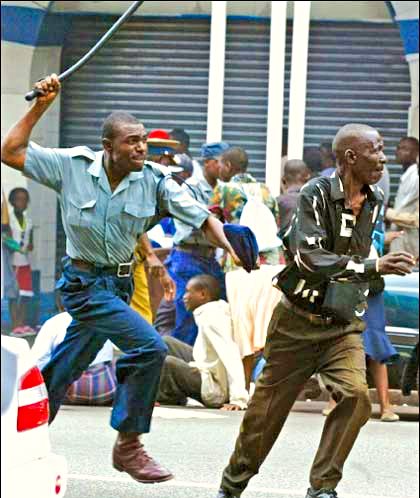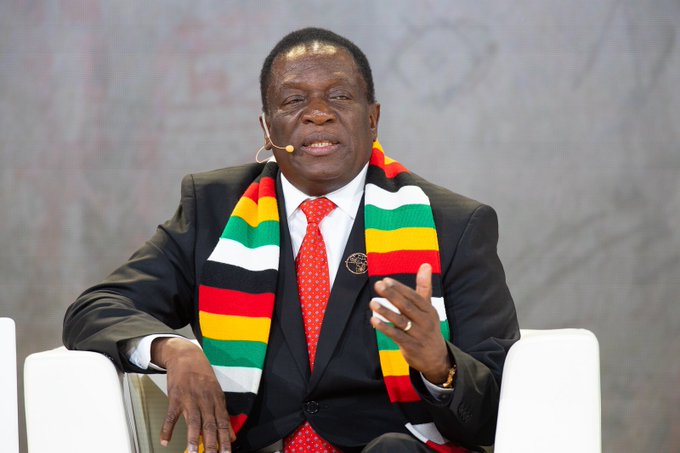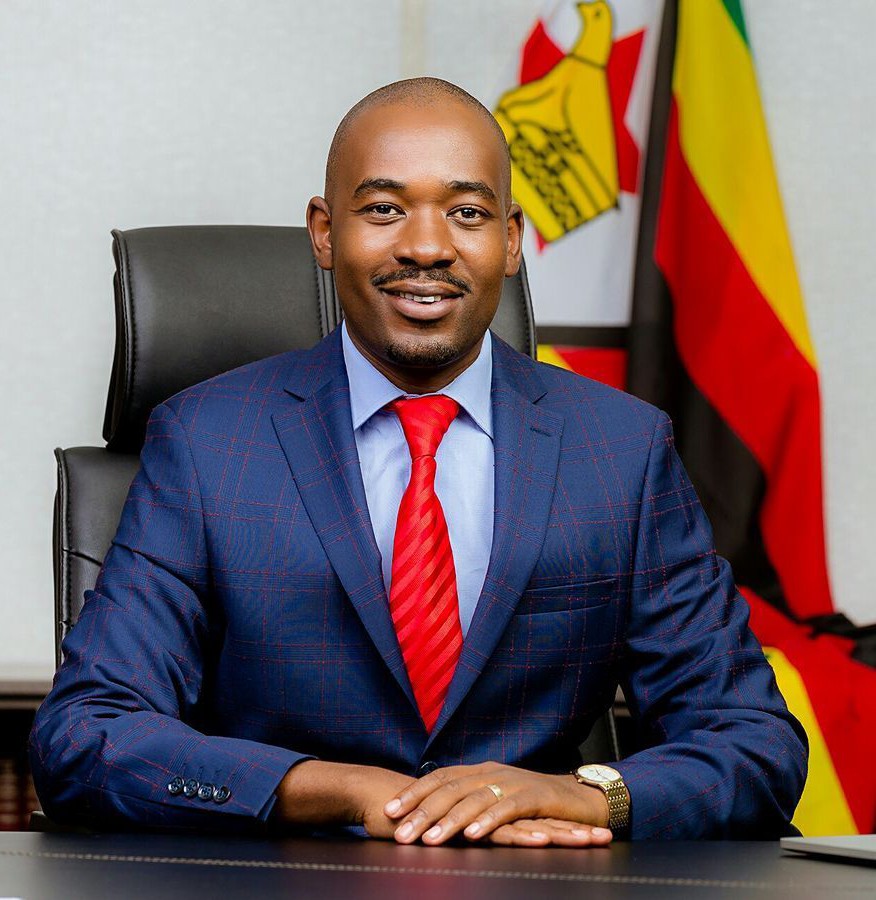Hopes for progress also rest on resilient democratic norms among the populace. Judges have regularly thrown out government charges against opposition politicians as lacking merit. While the track record of judicial independence is uneven, it has been sufficient to enable the opposition to take their grievances to the courts rather than resort to violence.
Mnangagwa’s ZANU-PF has tried to rein in the independence of the judiciary with constitutional amendments in 2021 that would allow the president to extend the terms of select senior judges as well as appoint judges instead of subjecting them to a public vetting process as has been the norm. However, Zimbabwe’s High Court has ruled these amendments unconstitutional. This is significant since Mnangagwa is seeking to extend the term of Chief Justice Luke Malaba, who had dismissed the opposition’s petition to annul the 2018 election for election rigging.
Similarly, despite persistent intimidation, the media has maintained a degree of independent reporting. Journalists like award-winning Hopewell Chin’ono have been regularly arrested and imprisoned under harsh conditions for exposing government corruption.
As in other African polities, the Zimbabwean election also represents a generational battle for the future of the country. An octogenarian, Mnangagwa represents the status quo of one-party rule, while 44-year-old Chamisa captures the democratic and reformist aspirations of millions of Zimbabwean youth. Roughly 62 percent of the Zimbabwean population is below 25 years of age.
The election also pits the more urban and educated supporters of the opposition against the largely rural base of ZANU-PF who benefit from food and social welfare support in proportion to their party loyalty.
The Zimbabwean election may also turn on the support of external actors. China has a longstanding relationship with ZANU-PF and is a major creditor, even though Zimbabwe has defaulted on some of its loans and refused to pay others. This relationship has afforded China privileged access to diamond and mining interests in Zimbabwe. Through its sponsorship of disinformation campaigns, Russia is also a candidate to help sustain ZANU-PF’s hold on power as a means of advancing Russian political and economic influence.
While the deck is stacked high in favor of ZANU-PF, the legitimacy of the party and the securocrat state it governs rests on a house of cards—and therefore it persists in a perpetually fragile state.






